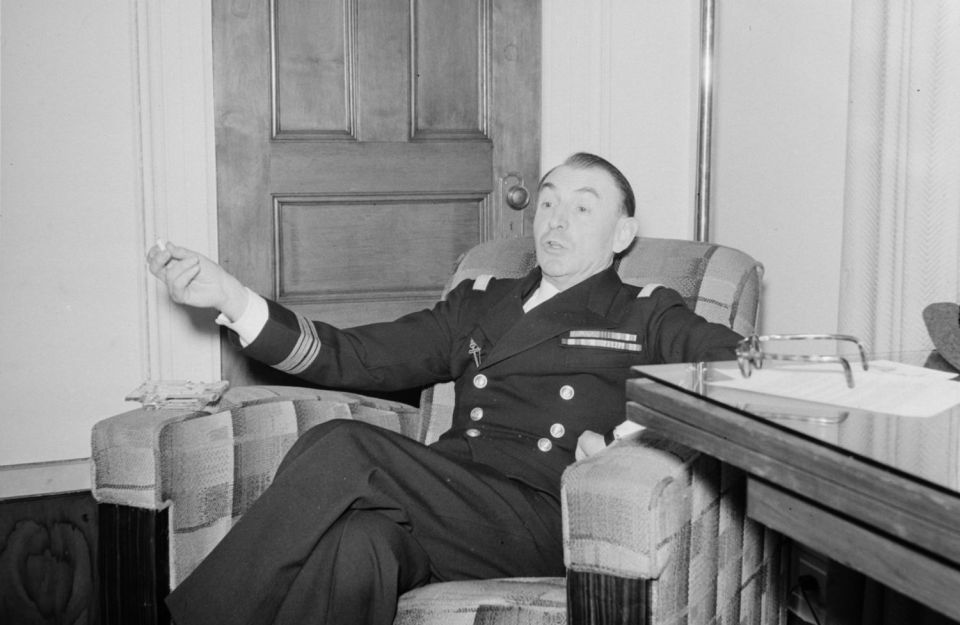On 23 September 1946, in the Autonomous Republic of Cochinchina (a part of present-day Vietnam), in fact a puppet state under French control, an order to arrest any local resident with errors or defects in their identity documents was issued. In the first days after the order was implemented, more than 50,000 Vietnamese individuals were arrested as a result of a joint operation by the Cochinchina Police and the French Army. They were forced to do slave labour on rubber plantations.
As early as 24 March 1946, during the Halong Bay talks on the conditions for Vietnam’s transition to independence and recognition of the Democratic Republic of Vietnam, the contradictions between Ho Chi Minh, the leader of the Democratic Republic of Vietnam and High Commissioner in Indochina Georges Thierry d'Argenlieu became obvious. The negotiations on 17 April in Da Lat failed as well, as d'Argenlieu refused to recognise the independence of the new state. Ho Chi Minh sought to move the talks to Paris, where he counted on the support of the French Communist Party. On 26 April, a delegation led by Pham Van Dong flew to Paris, and at the end of May Ho Chi Minh was invited as a guest. However, on 1 June 1946, just as the plane with the DRV leader was making an interim landing in Cairo, d'Argenlieu declared the agreements between the Vietnamese and the French administration did not apply to the territory of South Vietnam, where the Autonomous Republic was to be formed. In fact, the main goal of the creation of this “republic” was to resist Ho Chi Minh. The French colonisers ruthlessly exploited both natural resources and the population in the territory.
Their arbitrariness, greed, and cruelty resulted in a long bloody war in Indochina in which France was eventually defeated.
Source:
Yevgeny Kobelev. Ho Chi Min. - M.: Molodaya Gvardiya, 1979.
























